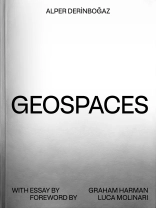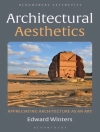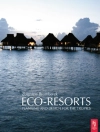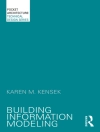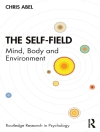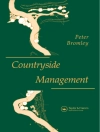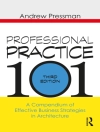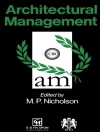Geospaces is an extended visual essay of ideas, images, drawings and projects that follows the work of Alper Derinboğaz over the past decade, framing an approach to architecture based on empathy with earth.
Architectural history is a fragment of the long evolution of forms of habitat. The shape of the lands and the way we inhabit them are at the root of all architectural endeavors. However, our established conception of architecture is based on a hierarchy between nature and culture. To move towards an architecture more in tune with earth, we need to think in continuities, looking at the emergence of natural forms, the history of human inhabitation and the future of fabrication technologies. What if we see buildings as iterations of nature rather than artificial objects?
Exploring architecture through the lens of evolution, Geospaces traces relationships between topography, geology, genetics, ecologies, and construction technologies, arguing that a hybrid approach to making will shape our future habitats.
Circa l’autore
Alper Derinboğaz is an architect and academic seeking communal relationships between environment and spatial elements through scientific strategies. His experiments vary from installations to large-scale cultural institutions, including the new İstanbul City Museum nearing compilation. He is the founder of architectural practice Salon. He received the Fulbright grant to study at UCLA, where he won the Graduate Award for his studies. His research has been exhibited in biennales and museums including the first İstanbul Design Biennale. He exhibited at the Koolhaas-curated Venice Architecture Biennale in 2014 with his work Modalities of the Spontaneous (MS), an in-depth study of urbanisation in relationship with geography. His projects have won awards in international competitions from Songdo Library to Kaunas Science Island. Hewas selected as one of the 40 top young architects in Europe in 2019, and in Archdaily’s Best Young Practices in 2020. He has been gathering his research under the umbrella of ‘Geospaces’ since 2011.
